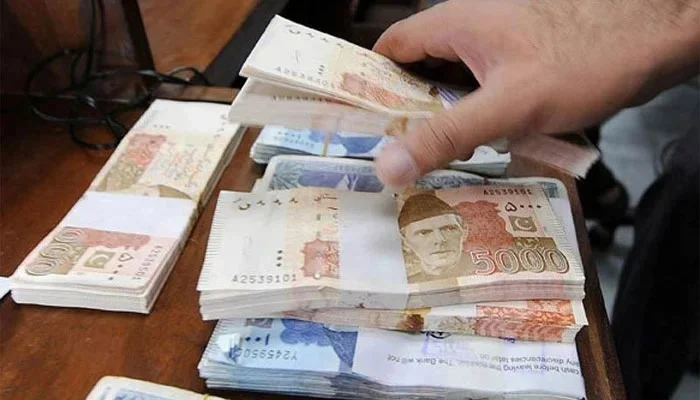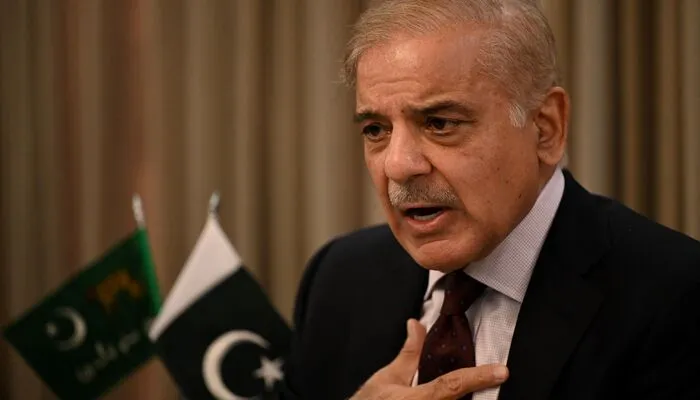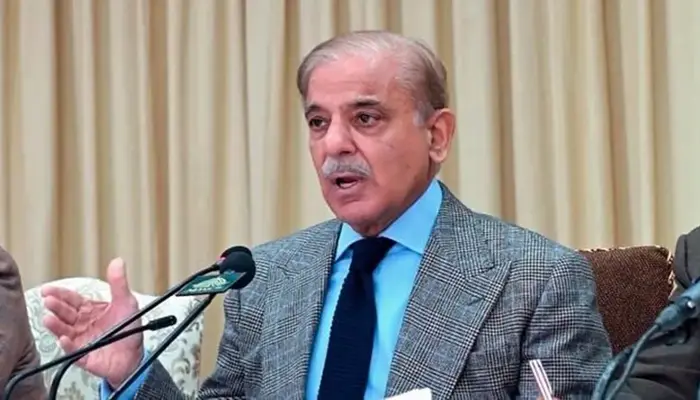
Amid tight fiscal constraints imposed by the International Monetary Fund (IMF), the government is mulling a 5% to 7.5% increase in salaries and pensions for public sector employees in the upcoming Budget 2025–26.
The Pakistan Peoples Party (PPP), a key coalition partner, is pushing for a 10% raise, either in the budget announcement or during its passage through parliament. This proposal has already been forwarded to the IMF for review.
Incentives for Armed Forces, Pension Reforms on Table
The government is also evaluating additional incentives for the armed forces, including converting the existing Risk Allowance into a Pensionable Allowance.
No final decision has been made on including the military in the Defined Contributory Pension (DCP) scheme, which is set to be implemented for new civilian recruits from 1 July 2025. The DCP for civil servants has already been rolled out during the current fiscal year.
A proposal to grant a 30% Disparity Allowance to civilian employees in BS-1 to BS-16 is under active consideration. Moreover, two ad-hoc allowances excluded from basic pay may be reviewed—one of which could be merged into the salary structure.
Read: Nation Celebrates Eid ul Adha with Spirit of Unity and Faith
Multiple Scenarios Ahead of Budget Finalization
The Ministry of Finance has prepared several salary and pension adjustment scenarios. These will be presented before the federal cabinet led by Prime Minister Shehbaz Sharif on June 10, 2025, for final approval.
The proposed salary hikes account for reduced inflationary pressure in the outgoing fiscal year. All fiscal impacts have been calculated and will be shared with cabinet members before the budget presentation.
Budget Shrinks to Rs17.5 Trillion Amid Revenue Decline
The total federal budget for 2025–26 is expected to be around Rs17.5 trillion, down from Rs18.87 trillion last year. The cut is mainly due to a sharp drop in non-tax revenues, especially from the State Bank of Pakistan (SBP) amid falling policy rates.
Non-tax revenue projections have fallen from Rs4.85 trillion to Rs3–3.5 trillion. On the spending side, debt servicing—the largest budget expense—is expected to dip from Rs9.775 trillion (last year’s estimate) to Rs8.1 trillion. However, revised figures show that Rs8.7 trillion was spent by June 2025.
FBR Tax Target Raised, Tariff Losses Expected
The Federal Board of Revenue (FBR) has been assigned a collection target of Rs14.14 trillion, up from Rs12.33 trillion in the revised estimate for FY 2024–25.
However, tariff rationalisation on imports is likely to cause a revenue shortfall of Rs150–200 billion. Affected sectors include steel, auto parts, and tiles, which are already struggling with elevated input costs.
Tile manufacturers claim they operate at a 55–60% cost disadvantage compared to regional competitors due to high electricity and material costs. The steel industry has also voiced concerns, criticising economist Stefan Dercon for allegedly oversimplifying Pakistan’s economic complexities.
Tax Relief for Salaried Class, Freelancers Under Scrutiny
A reduction in income tax rates for salaried individuals is under consideration. Meanwhile, freelancers earning abroad could be brought into the tax net, with assistance from the SBP to track foreign remittances.
The government is also exploring new taxes on digital services and social media income, while working to promote digital payments across the economy.
EVs, Fertilisers Untouched; GST on Cars May Rise
There are no changes expected in tax policy for electric vehicles, fertilisers, pesticides, or bakery products. However, the GST on locally assembled cars may increase from 12.5% to 18%, aligning with the standard rate.
For erstwhile FATA/PATA regions, tax exemptions may be withdrawn—though lobbying is underway for an extension. A reduced 12% GST rate for these areas is also under discussion.
Property, Shares Face Higher Capital Gains Tax
The Federal Excise Duty (FED) on property is likely to be abolished, but Capital Gains Tax (CGT) may be increased for both shares and real estate, with possible adjustments for inflation.
Meanwhile, withholding tax rates for buyers and sellers may be reduced—pending IMF approval.
In a surprise move, the government is reportedly considering tax reductions across certain tobacco and beverage categories, including related products.
















